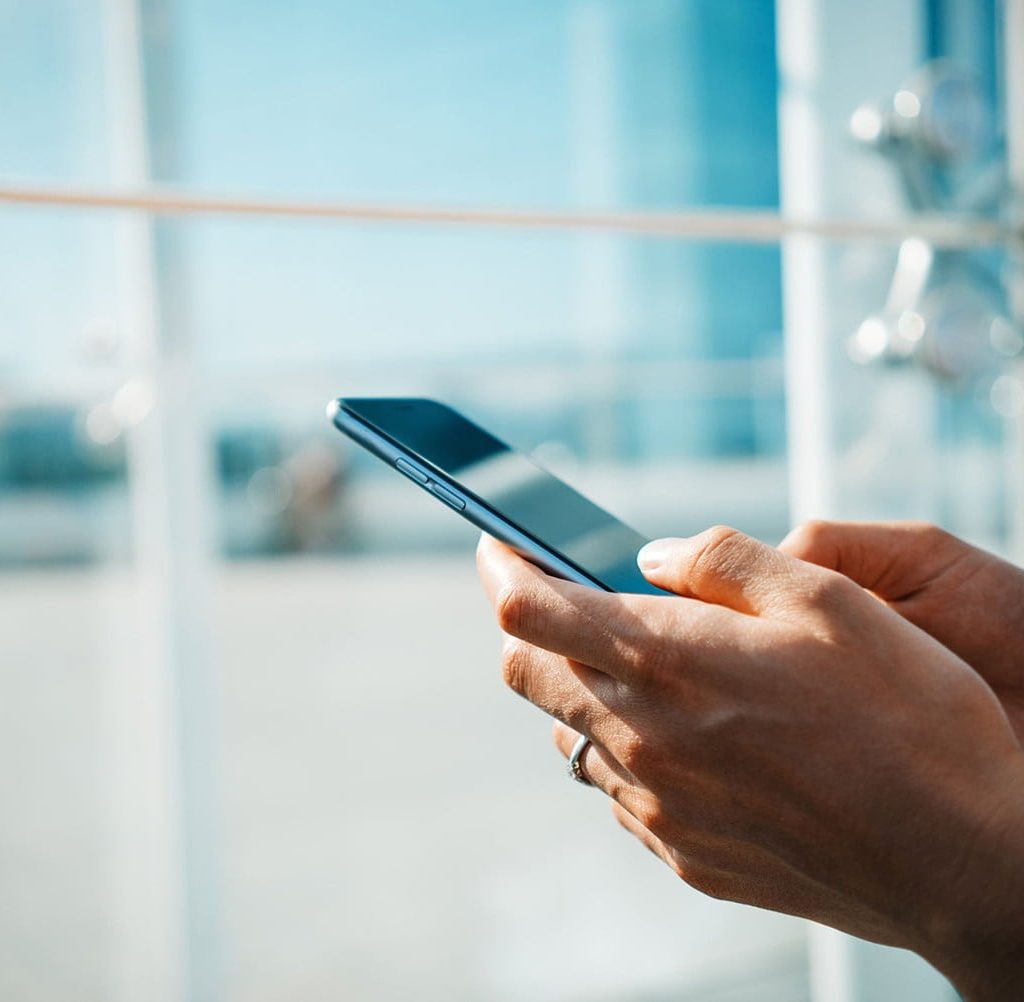The healthcare industry is taking on mobility to modernize for the digital age, but with this step forward comes a host of vulnerabilities and threat vectors determined to set you several steps back.
Providers with a plan to evolve their mobile strategy need to be prepared to address the cybersecurity risks that come with it. Malware can affect any and all devices connected to your organization’s system, and without precautions in place, a cyber attack could seriously impact patient safety and overall privacy.
And as we know, visibly malicious breaches are far from the only threat out there. Employees may fall for phishing scams, or introduce further risk by using unauthorized devices. Even something as simple as an improperly configured network or application can become a vulnerability.
Three-quarters of respondents to the 2017 HIMSS Cybersecurity Survey have indicated that their organization makes use of an insider threat management program. 85% of healthcare leaders say they conduct risk assessments annually, and 75% conduct regular penetration testing. But these security strategies can’t stop at computer networks, and if your organization is making plans to expand its mobility, it’s crucial to expand your cybersecurity with it.
Protect Your Devices
The fact of the matter is that while the healthcare industry is making progress in protecting their computer systems from phishing, ransomware, and other typical attacks, threats that target devices like smartphones and tablets aren’t as widely known. This lack of knowledge can severely lower a user’s guard when they encounter potential risks on their phones, for instance.
Anthony Giandomenico, senior security strategist and researcher for Fortinet, recommends that healthcare cybersecurity training incorporate mobile attacks to normalize and prepare users to encounter them. He also suggests taking more modest but equally important steps to secure mobile devices, such as regularly checking for and installing updates, installing malware protections, and only connecting to trusted Wi-Fi networks.
Another option for healthcare organizations is to adopt secure messaging services, which require employees to use a secure platform for exchanging patient data. Mary Washington Healthcare recently transitioned over 1,000 clinicians to TigerConnect, a streamlined text messaging service designed specifically for healthcare professionals that allows for critical decisions to be made and shared instantly.
Compliance Without Complications
Regardless of where your organization is at with mobility, every good cybersecurity program needs a strong foundation, and that’s where our HIPAA Security Risk Assessment comes in.
This all-inclusive risk assessment guarantees HIPAA compliance and your systems’ safety by evaluating all levels of your organization, including:
- Risk Management — Evaluate information and resources to ensure the capability to make risk management decisions
- Policy and Procedures — Ensure policies and procedures follow best practices and are properly implemented
- Infrastructure Security — Workstations, services, and server meet best practices security standards
- Network security — Ensure network is secure and properly monitored
- Data security — All PHI and data is secure and protected
Start your HIPAA Risk Assessment today, and ensure that your organization is ready for anything.









